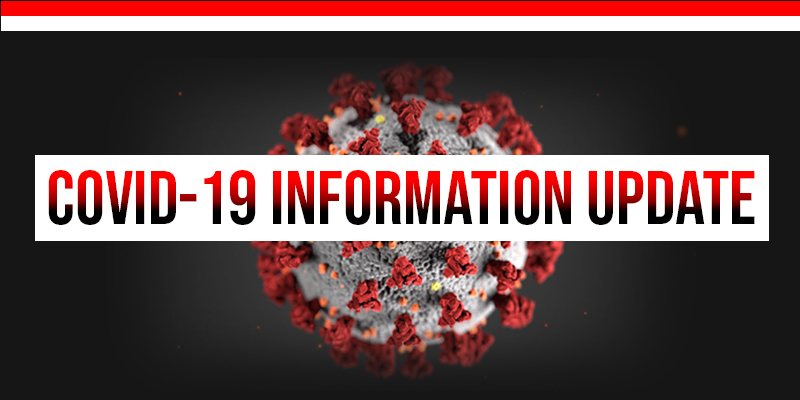- Home
- About Us
- Housing
- Resources
- Contact Us
-
-
-
Address: 223 S. Winnebago Street Rockford, IL 61102
Phone: 815-489-8500
-
-
- Updates
-

More research is needed, but early signs suggest that this variant of SARS-CoV-2 does indeed spread at a faster rate. This may be due to how the virus’ protein has mutated, particularly “the spike protein, or how the virus infects cells,” Dr. Johnston says. She also adds that it may be that the Omicron strain has similar features to the common cold or adenoviruses, which are highly transmissible.
“Estimates based on experience in South Africa allow scientists to postulate that the Omicron variant is at least three times more infectious than original versions of SARS-CoV-2,” Dr. Kman adds. “It may be possibly more contagious than the Delta variant, though [Delta] remains the dominant strain in the U.S., so it’s unclear if this is the case.”
Just because Omicron may spread at a faster rate than earlier diseases, Dr. Kman stresses that it doesn’t mean those who are impacted by this specific virus will have worse COVID-19 symptoms automatically.
“Mutations may make [SARS-CoV-2] enter your cells or replicate more quickly, but it still gives you the same illness once inside your body,” he says, adding that variants are expected to remain consistent with a suite of symptoms noted below in the future.
Fatigue may be more closely associated with Omicron infections currently, but it’s still a hallmark clue for any COVID-19 infection — and should be discussed with your healthcare provider since it may be mistaken for a common cold or occasions like suffering through a hangover.
CDC officers have told Americans that more data are needed to know if “Omicron infections… cause more severe illness or death than infection with other variants.” The most common symptoms for COVID-19 infections, including those caused by Omicron, as listed by CDC officials are below:
Any of these symptoms — in any order — may appear within two to 14 days after being exposed to SARS-CoV-2. They may be all equally severe or present different severities depending on the symptom.
The best way to protect yourself against COVID-19 (including an Omicron-induced infection!), severe symptoms, or death remains to receive a full vaccination. Those who have been vaccinated earlier in 2021 are likely now qualified to receive a booster dose now, which is proving to be a crucial defense, according to early research.
Additional doses of the COVID-19 vaccine are reported to provide enough antibodies to block even Omicron variants, according to a Washington Post report on data released by Pfizer and BioNTech released this week.
To be clear, all health officials are in universal agreement — the potential list of symptoms for those affected by an Omicron SARS-CoV-2 infection remains largely the same.
Janice Johnston, M.D., co-founder, and chief medical officer at Redirect Health, says that the Omicron variant may infect individuals differently, but that it’s not uncommon for subsequent symptoms to be the same as those we’ve seen earlier in the pandemic. “We’ve seen this for years with the influenza virus; every patient is not the same in terms of holistic health, immunity level, and ability to fight the virus,” she adds.
While the list of potential symptoms related to Omicron infections is the same, limited data suggests that a few symptoms — chiefly fatigue, feeling overtired or exhausted and pain across multiple muscle groups on the body — are much more common than breathlessness or a loss of taste and smell associated with previous strains of the coronavirus.
But most of the research being presented currently is limited and comes from anecdotes from healthcare providers on the ground in South Africa, explains Nicholas Kman, M.D., an emergency medicine physician at the Ohio State University Wexner Medical Center.